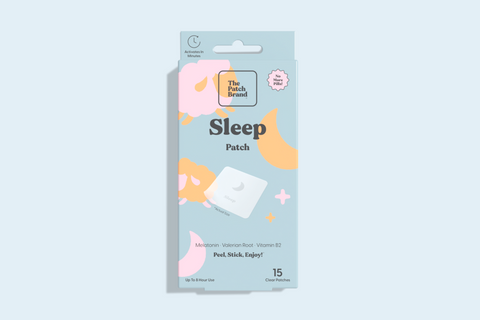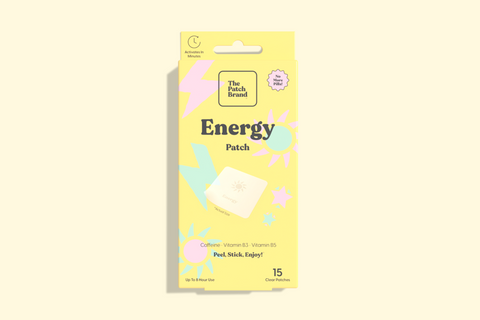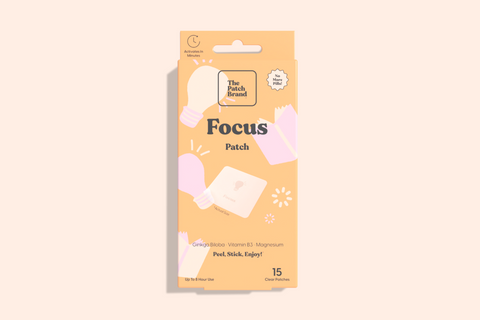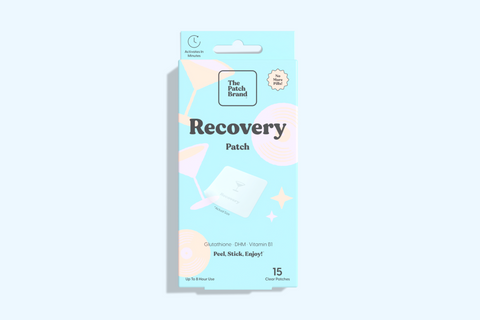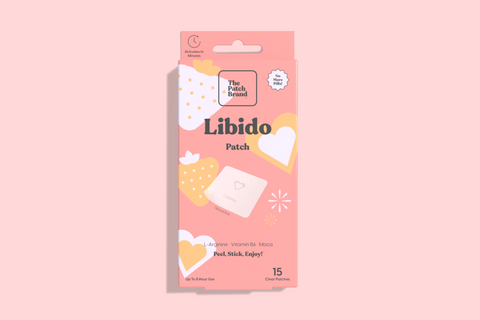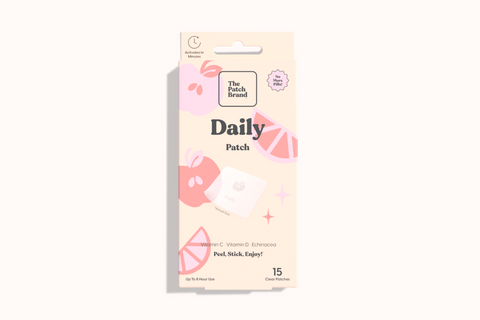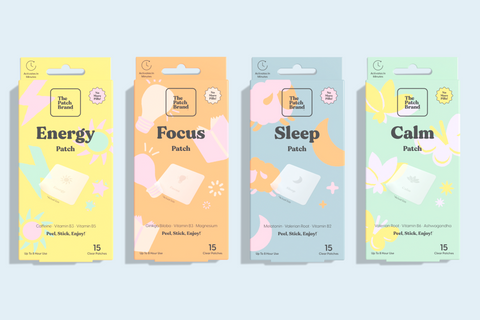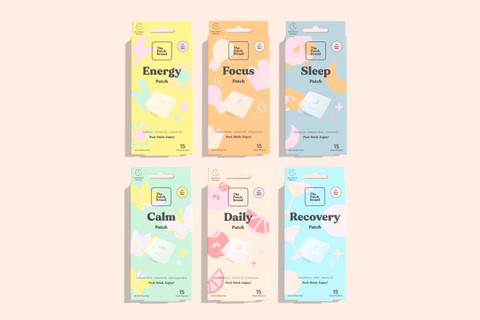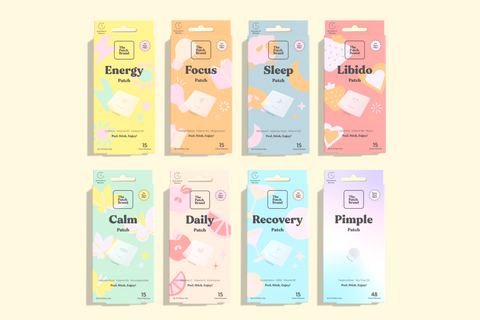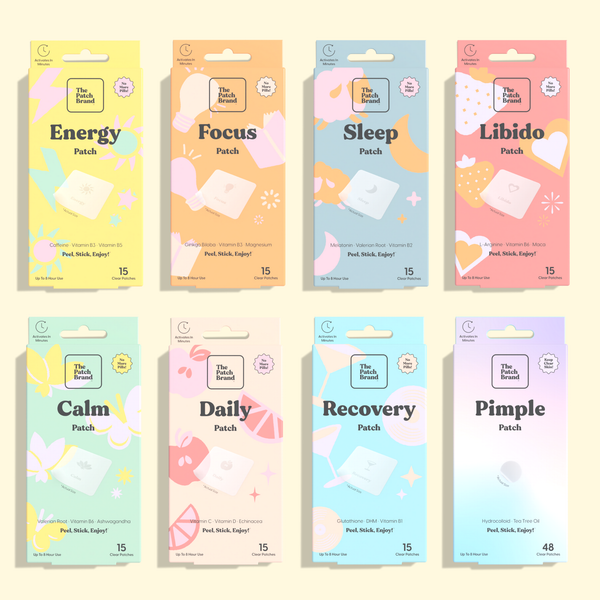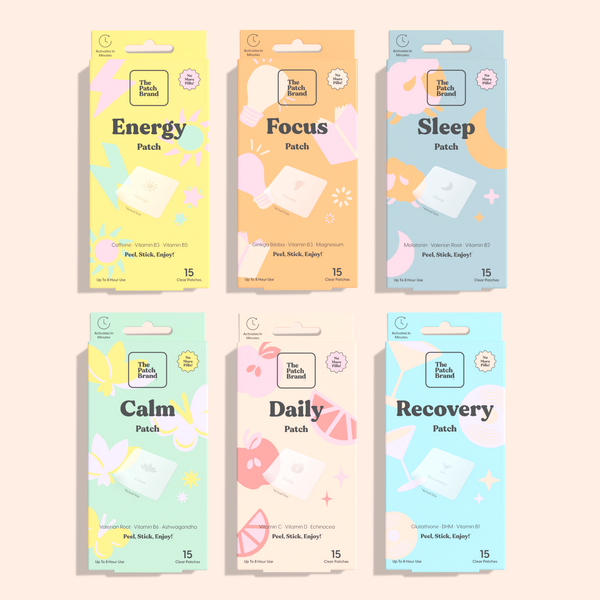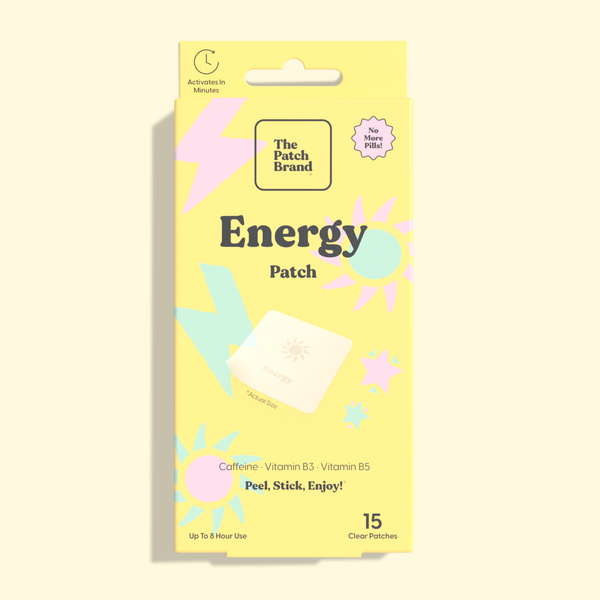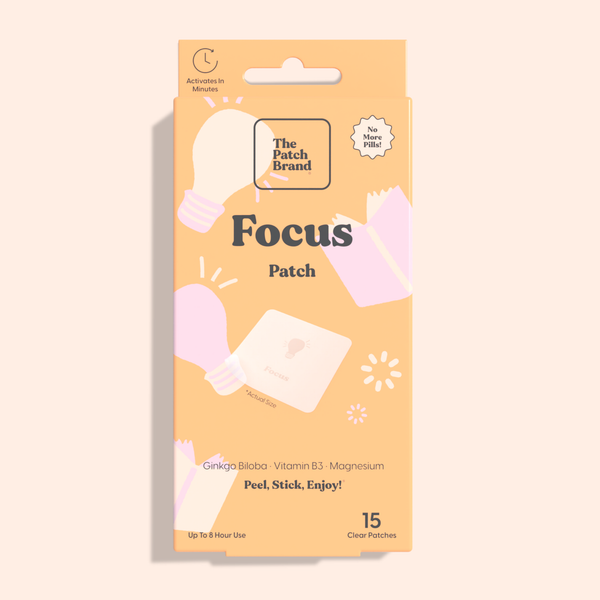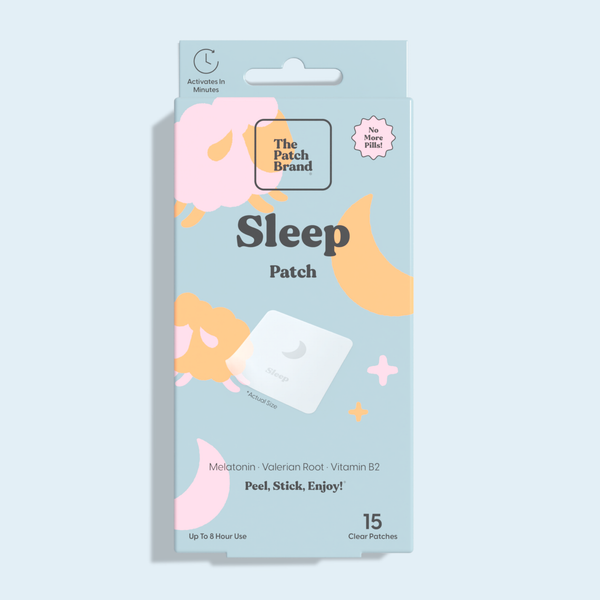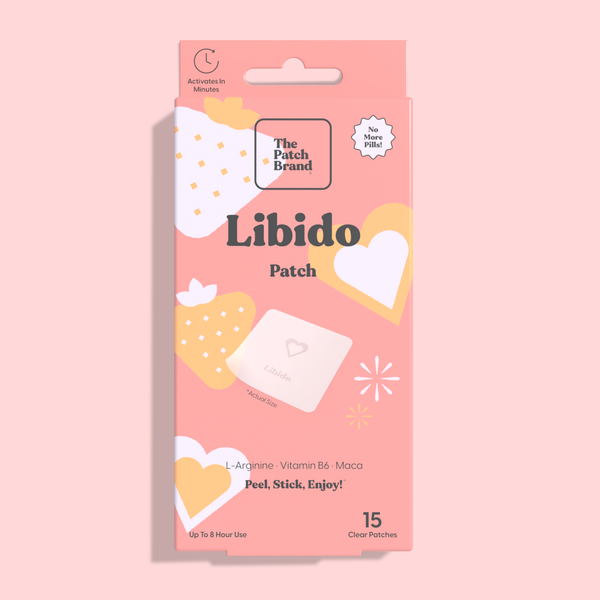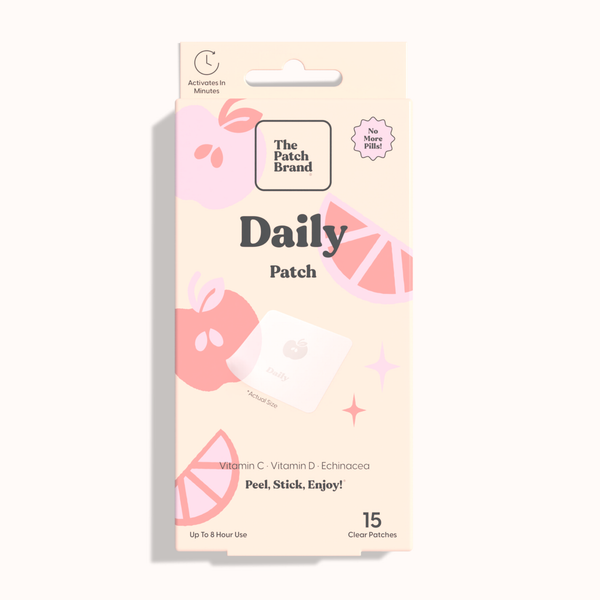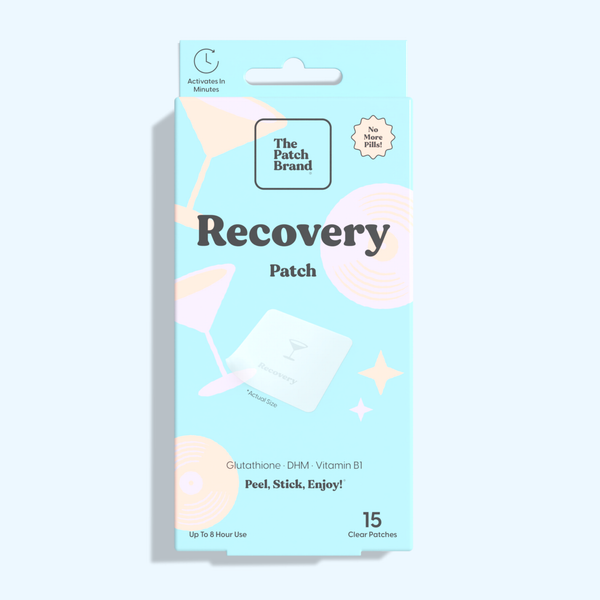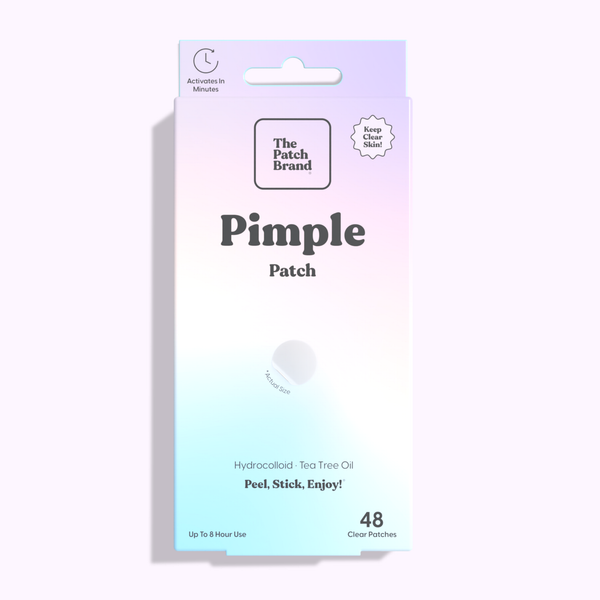In today's fast-paced world, maintaining a high level of energy throughout the day can sometimes feel like a challenge. As we juggle various roles and responsibilities, it becomes crucial to fuel our bodies adequately to sustain vitality and overall health. This blog delves into the critical role that nutrients play in our daily energy levels and overall well-being. It explores the importance of a balanced diet rich in vitamins, minerals, proteins, and carbohydrates, which are fundamental in boosting energy and enhancing life quality. Whether through diet or supplementation, understanding and managing our nutrient intake is essential for supporting our body's energy demands and ensuring we can meet our day-to-day challenges with vigor and resilience.

Unpacking Energy-Boosting Nutrients
Vitamins for Energy
Vitamins play a vital role in providing energy to our bodies, and some of
the best vitamins for energy are B vitamins, vitamin D, and vitamin C. These vitamins are essential in the process of converting the food we consume into usable fuel. B vitamins, in particular, have gained recognition for their ability to metabolize food effectively and increase energy levels. It is crucial to acknowledge the significance of these vitamins, as a deficiency in any of them can lead to fatigue and various other health issues that can impact our overall well-being.
Role of Minerals
Iron, magnesium, and potassium are fundamental components of a healthy diet, particularly in their role in energy production. Iron is especially vital because it helps produce hemoglobin, the part of red blood cells that carries oxygen throughout the body. This process is crucial for generating the energy necessary for daily activities. Magnesium plays a pivotal role in over 300 enzymatic reactions, including those that produce ATP (adenosine triphosphate), the primary energy currency of the cell. Potassium is essential for maintaining proper cellular function and the transmission of electrical signals in the nervous system and muscles. A deficiency in any of these minerals can lead to significant health issues, such as muscle weakness, fatigue, and an impaired immune system. Ensuring a diet rich in these key minerals helps maintain energy levels and supports overall health.
Proteins and Carbohydrates
Proteins are crucial for building and repairing tissues and are involved in the creation of enzymes and hormones. They break down into amino acids, which can be used for energy when carbohydrate stores are low. Carbohydrates are the body's preferred source of energy. They break down into glucose, which is used to produce ATP. When intake of these nutrients is insufficient, it can result in decreased energy, mood instability, and cognitive difficulties, impacting one’s quality of life and ability to perform daily tasks efficiently. A balanced diet rich in proteins and carbohydrates not only fuels physical activities but also supports metabolic processes and overall well-being. Maintaining adequate levels of these nutrients is crucial for energy sustenance and to promote a vibrant, healthy lifestyle.
Embracing Energy Patches
While focusing on a diet is vital, we can't ignore alternative or supplemental options like an
energy patch and an
energy vitamin patch. These tools have emerged as convenient and efficient alternatives to conventional supplements.
Energy patches are designed for individuals leading a busy lifestyle. They offer a simple and fuss-free way to supply your body with essential energy-boosting nutrients. These are excellent options for those who find it challenging to keep up with a balanced diet.
Energy vitamin patches are another handy addition to your energy-boosting arsenal. These patches are designed to deliver vitamins through the skin directly, providing a steady supply throughout the day. It’s like having a vitamin-infused reservoir that your body can tap into as required.
Exploring the Impact of Inadequate Nutrient Intake
Physical Consequences
The effects of inadequate nutrient intake are far-reaching and can seriously impair both short-term health and long-term well-being. When the body does not receive a balanced mix of essential nutrients, it can't perform at its best, leading to several debilitating conditions. Here's how a lack of nutrients can manifest:
-
Overwhelming Fatigue: When the body lacks essential nutrients, particularly those involved in the conversion of food into energy, it struggles to produce energy effectively. This can lead to persistent tiredness and fatigue, making everyday tasks feel much more difficult. The resultant low energy levels can affect mental alertness and physical stamina, severely limiting daily functioning and quality of life.
-
Muscle Weakness: Nutrient deficiencies, particularly of proteins and essential minerals like potassium and magnesium, directly affect muscle health. Over time, this can lead to a decrease in muscle strength and endurance, impairing the ability to perform physical tasks. In severe cases, prolonged nutrient deficiency can lead to muscle atrophy, where muscle fibers diminish in size and number, further compromising physical capacity.
-
Impaired Healing: Adequate levels of vitamins, minerals, and proteins are crucial for the body’s healing processes. Deficiencies can slow down the repair of tissues and cells, prolonging recovery from wounds, injuries, or surgeries. This is particularly evident in the slow healing of cuts, bruises, and other injuries that might otherwise recover more quickly under better-nourished conditions.
-
Weakened Immune System: A deficiency in these nutrients can weaken the body's natural defense mechanism, making it more susceptible to infections, prolonging illness durations, and possibly worsening the symptoms of diseases.
Ensuring a diet rich in a variety of essential nutrients is vital for maintaining health and preventing these adverse effects. A well-balanced diet not only supports immediate physical functions but also aids in the long-term preservation of health and well-being, empowering the body to fight off potential ailments more effectively.

Mental Consequences
Nutrient deficiencies do not just affect the body physically; they also have profound impacts on mental health. A lack of essential nutrients can result in diminished cognitive function, particularly affecting memory, focus, and decision-making processes. For example, deficiencies in omega-3 fatty acids, iron, and B vitamins have been closely linked to reduced cognitive abilities and can contribute to the onset of mental health disorders such as depression and anxiety. These mental changes occur because nutrients play key roles in neurotransmitter synthesis, brain function, and the maintenance of neural pathways. Without a proper diet, the brain struggles to perform these critical functions effectively, leading to noticeable declines in mental acuity and emotional stability. Individuals experiencing these deficiencies may find themselves unable to handle stress, which further complicates mental health challenges. Emphasizing a nutrient-rich diet is essential not only for physical health but also for maintaining mental clarity and emotional resilience.
Immune Function
The impact of nutrient deficiencies extends to the immune system, where they play a pivotal role in maintaining immune health and protecting the body against pathogens. Vitamins such as A, C, D, and E, along with minerals like zinc and selenium, are essential for the development and function of immune cells. Without adequate levels of these nutrients, the immune system's ability to respond to infections and inflammation is severely compromised. This can lead to an increased susceptibility to viruses, bacteria, and other pathogens, resulting in more frequent and potentially severe illnesses. When the immune system is weakened, the body takes longer to recover from these illnesses, which can further deplete the body's nutrient reserves, creating a vicious cycle of health complications. To avoid these issues and maintain a robust immune response, it is crucial to consume a varied diet that includes all the necessary vitamins and minerals. This dietary strategy ensures the body remains resilient against infections and capable of swift recovery when illnesses do occur.
Practical Tips for Energy Boosting
Balanced Meal Planning
It is important to consider the timing and composition of meals. Eating regular, well-portioned meals and snacks every few hours prevents significant drops in blood sugar levels, which can lead to feelings of fatigue and lethargy. Each meal should ideally contain a balance of macronutrients. To stabilize energy release. For example, a breakfast of oatmeal with a sliced banana and a handful of walnuts offers a mix of complex carbs, protein, and healthy fats that can help kickstart the morning. Similarly, a lunch consisting of grilled chicken breast, quinoa, and a variety of steamed vegetables provides a balanced mix that can sustain energy through the afternoon.
Hydration is a fundamental aspect of maintaining high energy levels and overall health, as even mild dehydration can significantly impact both physical and cognitive functions. Water is the most effective fluid for hydration, as it serves as a medium for transporting nutrients and oxygen to cells, aiding in metabolism, and regulating body temperature. For most individuals, consuming at least eight 8-ounce glasses of water daily is a good baseline, although needs can vary based on factors such as climate, exercise intensity, and individual health. When water intake is optimized, the body functions efficiently, energy levels are maintained throughout the day, and the processes that drive both mental and physical activities are supported.
Beyond water, other beverages can also contribute to overall fluid intake while providing additional health benefits. Herbal teas, for instance, offer a comforting alternative to water and can include herbs like ginseng or peppermint, which have properties that may enhance energy levels and improve focus. Coconut water is another excellent hydration option, packed with electrolytes like potassium and magnesium, which are crucial for muscle function and overall cellular operation. These alternatives not only help in maintaining hydration but also introduce variety and additional nutrients into the diet. However, it's essential to be mindful of the sugar content in some flavored drinks and opt for natural or unsweetened versions to avoid unnecessary calorie intake.

Grocery Shopping Strategies
When heading to the grocery store to enhance your energy levels through diet, it's essential to focus on selecting nutrient-dense foods that fuel the body efficiently. This approach not only improves overall health but also helps in maintaining consistent energy throughout the day. Here are some key points to keep in mind:
-
B-Vitamin-Rich Foods: Foods like leafy greens, legumes, and whole grains are packed with B vitamins such as folate and B12, which are vital for energy metabolism.
-
Iron-rich Foods: Incorporating iron-rich foods such as lean meats, seafood, and dark leafy greens like spinach into your diet is crucial for energy production. Adequate iron levels prevent anemia, a condition that can cause fatigue and reduced physical performance.
-
Complex Carbohydrates: Choose complex carbohydrates found in whole grains, fruits, and vegetables. As discussed previously, the body breaks down these carbs at a slower rate, providing a steady supply of energy throughout the day. This prevents the spikes and dips in blood sugar levels that are often associated with fatigue and irritability.
-
Seasonal Produce: Opting for seasonal fruits and vegetables ensures that you are consuming produce at its peak nutritional value and flavor. Seasonal produce is often more affordable and fresher than off-season counterparts, which may have been stored for long periods or transported over great distances. This strategy not only supports your physical health but also contributes to sustainable practices by reducing demand for out-of-season items.
Remembering these strategies during your next grocery trip, you can better manage your energy levels through a well-balanced diet. This careful selection of foods not only enhances your daily energy but also contributes to long-term health benefits, making every meal a step towards improved well-being
Introducing Vitamin Patches
For those who need an extra boost or struggle with maintaining a balanced diet, introducing a
patch for energy can be beneficial.
The best energy patches are designed to gradually release nutrients, helping to maintain consistent energy levels throughout the day. These
patches for energy are available for different needs and lifestyles, making it easy to find one that suits you.
Boosting energy naturally is all about understanding the importance of essential nutrients and knowing how to effectively incorporate them into your diet. Whether you prefer traditional food sources, energy vitamin patches, or a combination of both, remember to make choices that best suit your lifestyle and needs. Don’t hesitate to explore and
buy energy patches if that's what works for you. By paying attention to your nutrient intake, you're investing in your health, well-being, and energy levels for the long haul. Energy boosting isn’t just about the now; it’s about nurturing your future self.



